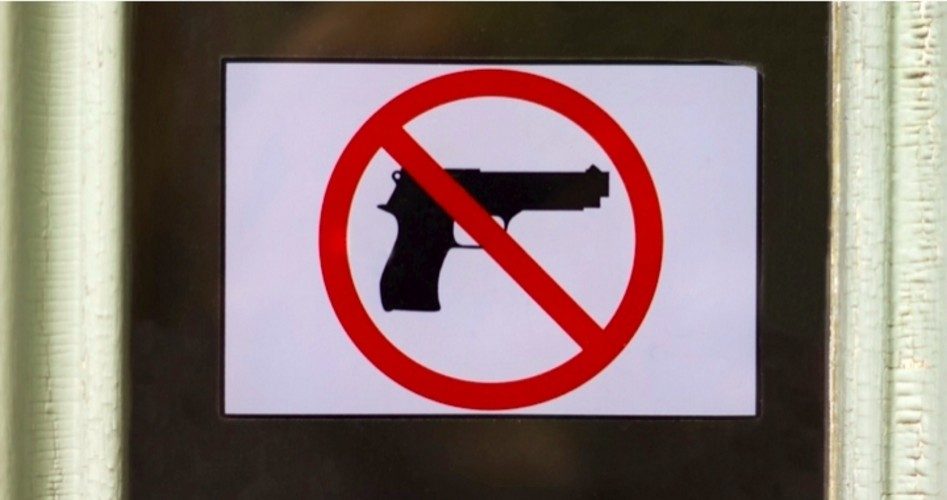
Dave Workman, senior editor for GunMag.com (published by the Second Amendment Foundation), reviewed the 3,100-word anti-gun platform available at Joe Biden’s campaign website and called it a recipe “to turn the right to keep and bear arms into a heavily-regulated privilege.”
The de facto Democrat Party candidate for president insists, of course, that he will follow “constitutional, common-sense gun safety policies.” But consider just the first policy: abolishing the Protection of Lawful Commerce in Arms Act passed in 2005 that keeps gun makers from being held liable for crimes committed when a criminal uses one of their products.
All by itself, this would invite a flood of lawsuits that would ultimately bankrupt those gun manufacturers.
President Biden would ban the manufacture, sale, purchase, and possession of any semi-automatic firearm (which he broadly declares to be “assault weapons”). And he would work to declare such presently owned firearms to be covered under the National Firearms Act, passed in 1934, which at present is limited to machine guns and certain other short-barreled firearms.
By implication, anyone owning such a firearm would be subject to the $200 tax on each firearm. But there’s no doubt that, having his way, he would bring that tax up to date, equivalent to nearly $4,000 per weapon in today’s money.
He would require background checks on all firearms-related transactions. He would reinstate the Obama-Biden policy that keeps firearms out of the hands of people who are deemed unable to manage their own financial affairs for mental reasons.
He would push every state to enact “red flag” laws (Extreme Risk Protection Orders, or ERPOs), and while at it, he would require that when someone becomes newly prohibited from owning a firearm, they would be forced to give up possession of their firearms. And the definition of “newly prohibited” would likely be expanded to reach far beyond anyone convicted of committing a violent crime.
He would push each state to enact its own gun licensing programs under which an individual seeking to make a purchase must obtain permission from the state first.
He would require that anyone purchasing a 3D printing code to make a “ghost gun,” or any parts to enable their manufacture, to undergo a background check first.
He would enact other restrictions: “safe at home” rules, limits to how many firearms one may purchase in a month, and so on.
Readers may relax. It is unlikely any of these measures will become law because Biden doesn’t have much of a chance of being elected in November.
First, no one who has served for 36 years in the Senate (or even 15 years, for that matter) has ever become president in the history of the United States.
Second, only one president has gone from the vice presidency to private life and then returned to become president in U.S. history: Richard Nixon.
Third, there is what John McConnell (a speechwriter for George W. Bush) calls the “14-Year Rule”: “No one gets elected president who needs longer than 14 years to get from his first gubernatorial or Senate victory to either the presidency or the vice-presidency.” Biden has not even come close. It took him 36 years to get from his first Senate victory in 1972 to the vice-presidency in 2008.
Finally, there’s his declining mental capacity. Norwegian psychiatrist Fred Heggen, medical director at the Lovisenberg Diaconal Hospital’s psychiatric clinic in Oslo, wrote: “Of course I may still judge [Biden] wrongly, but in my eyes he appears as a person who is already affected by dementia,” characterized by “forgetfulness, mischief, confusion, gaffes and aggression.” He added, “This is not scare propaganda on my part. Everyone who has had experience with people with dementia knows that a deterioration can come quickly and have a particularly dramatic course.”
The reader may prefer his own eyes to make such a judgment. The Washington Post has provided the evidence in this YouTube video from last summer.
The de facto Democrat candidate can pontificate all he likes about what he’ll do to the Second Amendment once he is in office, but it’s unlikely he’ll get the opportunity.
An Ivy League graduate and former investment advisor, Bob is a regular contributor to The New American, writing primarily on economics and politics. He can be reached at [email protected].



